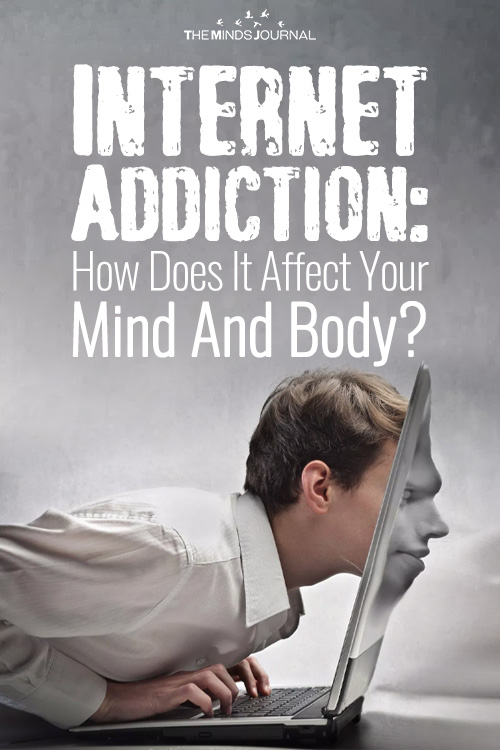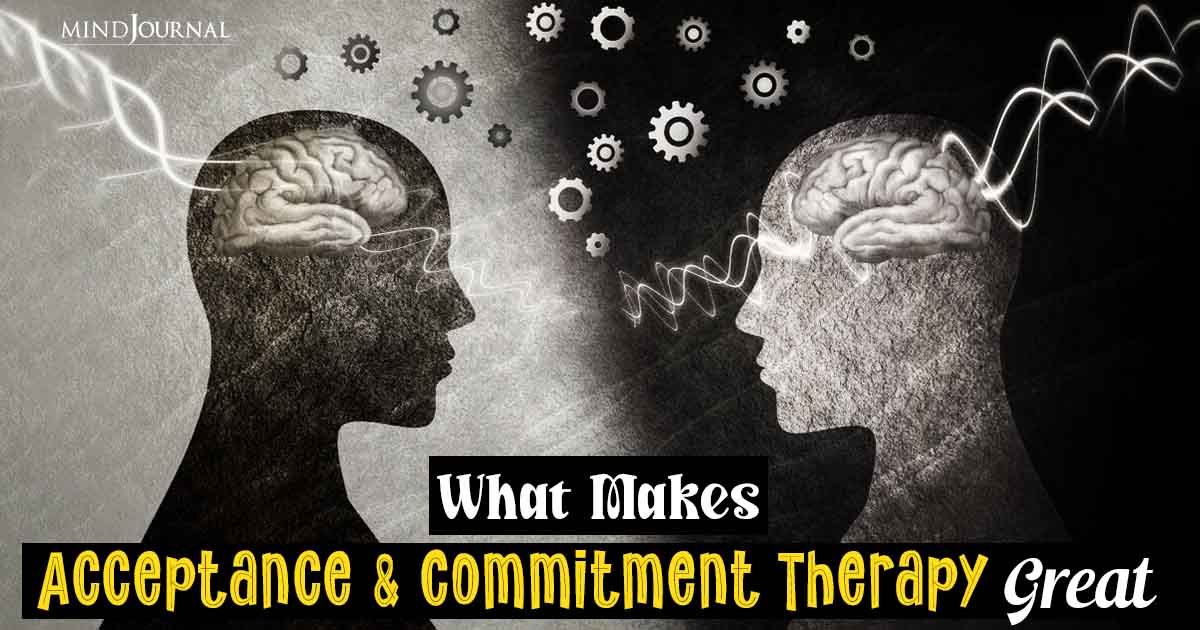Though the internet has become an important tool in the modern world, research suggests that internet addiction is a very serious issue with harmful consequences.
A deep insight to know how internet addiction is overpowering your mind and body.
Do you spend a lot of time surfing the internet?
Do you invest by shopping online through various sites?
Does your social media involvement hinder your daily life chores?
Does prolonged internet exposure interfere with your professional and personal relationships?
If so, then this could be a sign of internet addiction and you might not know it.
INTERNET ADDICTION– what does it mean?
Internet addiction is a compulsive urge that drives you to spend most of the time on the internet.
It does not involve the use of any intoxicating substances, such as alcohol or drug but an intense desire to stay glued to the internet.
Most of the common activities include- games, social networking, blogging, chatting, browsing, uploading images, videos, and other posts. Some people also engage in downloading inappropriate content videos and photos.
The question might trigger in your mind; why these activities are termed as internet addiction? Since a huge mass of people living in this technological era, use the internet across the globe.
Internet usage becomes an addiction when it creates significant problems in your personal, occupational, social lifestyle and relationships.
You feel emotionally attached to your online friends and you take a keen interest in the activities they create on their profile.
The alluring web of internet drags you to meet new people, groups and communities, sharing views on exciting events and facts, thus creating a world of imaginations and fantasies-a ‘virtual world’.
You derive a sense of satisfaction and comfort through online interaction and gradually lose touch with your real-life friends. You find social events less interesting and delve deeper into the virtual communities as a substitution of happiness from the actual world.
Distancing yourself from exterior reality may cultivate feelings of isolation and frustration, inflicting havoc damage to your mind and body.
Read How Did Facebook Go From Fun to Being a Toxic Place to Socialize!
What Are The Adverse Effects Of Internet Addiction?
Internet addiction can bring extreme distress to your mind and body.
1. Inability to perform routine tasks:
Internet users fail to measure the span of time they spend online. They fail to perform daily routine activities. As a result, people with internet addiction develop a tendency of procrastination. They avoid work which demands enough time, dedication and effort.
2. Guilty feelings and defensive attitude:
Some people undergo feelings of guilt when they miss any important task due to their activities on social media or internet browsing. Defensive behavior can be observed in a few people. They formulate unrealistic excuses as a reason for their incomplete work.
3. Feelings of loneliness:
When your curiosity gets satiated to a certain threshold, after visiting other news feeds on social media, you seem to experience feelings of loneliness and separation.
Posts of a trip to various places, restaurant visits, occasional hangout pictures make you feel inferior. You assume other’s life much thrilling than yours. This competitive mindset can erupt symptoms of depression, anxiety and mood swings.
Read How Depression and Addiction Can Be Correlated
4.Poor vision and Insomnia:
Long hours of internet usage can expose you to harmful radiations and illumination. These can strain your eyes, impairing your vision. Looking at the phone or laptop screen can cause a headache. As a result, you run on inadequate sleep and insomnia.
5. Chances to develop neurodegenerative disorders:
Nowadays we rely too much on the internet for outside knowledge and unknown information. This reduces the scope to read books and applies our cognitive skills and abilities.
As a result, our brain loses its function to calculate, memorize and problem-solving gets poor, thus leading to neurodegenerative disorders such as Alzheimer’s, delirium and dementia.
6. Increase or decrease in body weight.
Using the internet often leads to skipping meals. This affects your health tremendously. Your weight decreases or increases massively and you cannot control it.
7. Inability to maintain personal hygiene
Internet addiction affects your health as you fail to maintain personal hygiene such as taking bath, self- care, being unable to refrain yourself from your screen of phone or laptop.
How can you control ‘INTERNET ADDICTION’?
The problem of internet addiction is soaring high among all age groups of people.
If not controlled, it can inflict huge losses both to humanity and society. Here are a few steps you can take from getting addicted to the internet:
1. Control your impulse of checking your phone frequently
Restrict your impulses by spending quality time with yourself. Reading books, writing poems, self- thoughts or sometimes walking alone can prove effective. It will unlock your mind and will enable you to gain power over your cognitive abilities.
2.Break the shield of isolation
Cut the chord with the ‘virtual world’ by socializing with your close friends and people. Try to seek happiness from real surroundings, social events by establishing real-life human connections. This will make you feel less isolated and lonely.
3. Engage in physical workout and exercise
Instead of sitting in front of the bright screen work out physically. Perspiration and adequate ‘adrenaline rush’ will reduce stress and relax your body. You will discover yourself getting into early night sleep.
Read 9 Ways How Simple Morning Exercise Can Boost Your Productivity
4. Courage to accept yourself
You need to have the courage to accept that you are suffering from internet addiction. If you don’t have the urge to control yourself from using internet then every attempt stands futile.









Leave a Reply
You must be logged in to post a comment.